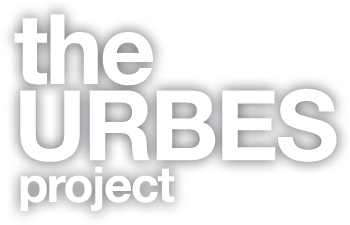Case study city: Stockholm
Located in Eastern Sweden, Stockholm is the country's capital. Its expansion both in population and the land area it covers, makes it one of the fastest growing cities in Europe.
The URBES activities in Stockholm include research on the components of biodiversity that are prerequisites for ecosystem service generation; of the valuation of ecosystem services; and on how ecosystem services can be better accommodated in urban planning and governance.
The first focuses on analyses of potential food production and identification of ecosystem service providing units, and the effects of changes, e.g. in land-use. One aim is to develop response indicators for assessing resilience and the capacity to uphold ecosystem services over time.
The second line of research is exploring realized values as expressed in property and housing prices.
The third research activity (in WPs 6 and 7) develops land use scenarios that will be discussed and assessed at stakeholder workshops to facilitate the development of strategies that will strengthen urban ecosystem services.
> Stockholm is host city for the URBES partners Stockholm Resilience Centre at Stockholm University and the Beijer Institute for Ecological Economics. Contact people are Erik Andersson and Åsa Gren, co-leaders for URBES Work Package (WP) 1, Jaan-Henrik Kain for WP6, Niki Fratzeskaki for WP7, and Thomas Elmqvist and Maria Schewenius, co-leaders for URBES WP0. > >Stockholm is host city for the URBES partners Stockholm Resilience Centre at Stockholm University and the Beijer Institute for Ecological Economics. Contact people are and , co-leaders for URBES Work Package (WP) 1; for WP6; for WP7, and , co-leaders for URBES WP0.
View URBES case study city: Stockholm in a larger map
New from Stockholm
WP1 (led by SRC) and WP3 (led by Beijer) participated in the URBES science workshop in Rotterdam 15-16/11.
WP6 is planning stakeholder participation-based workshops in the spring, to assess strategies for upscaling local work on biodiversity.


